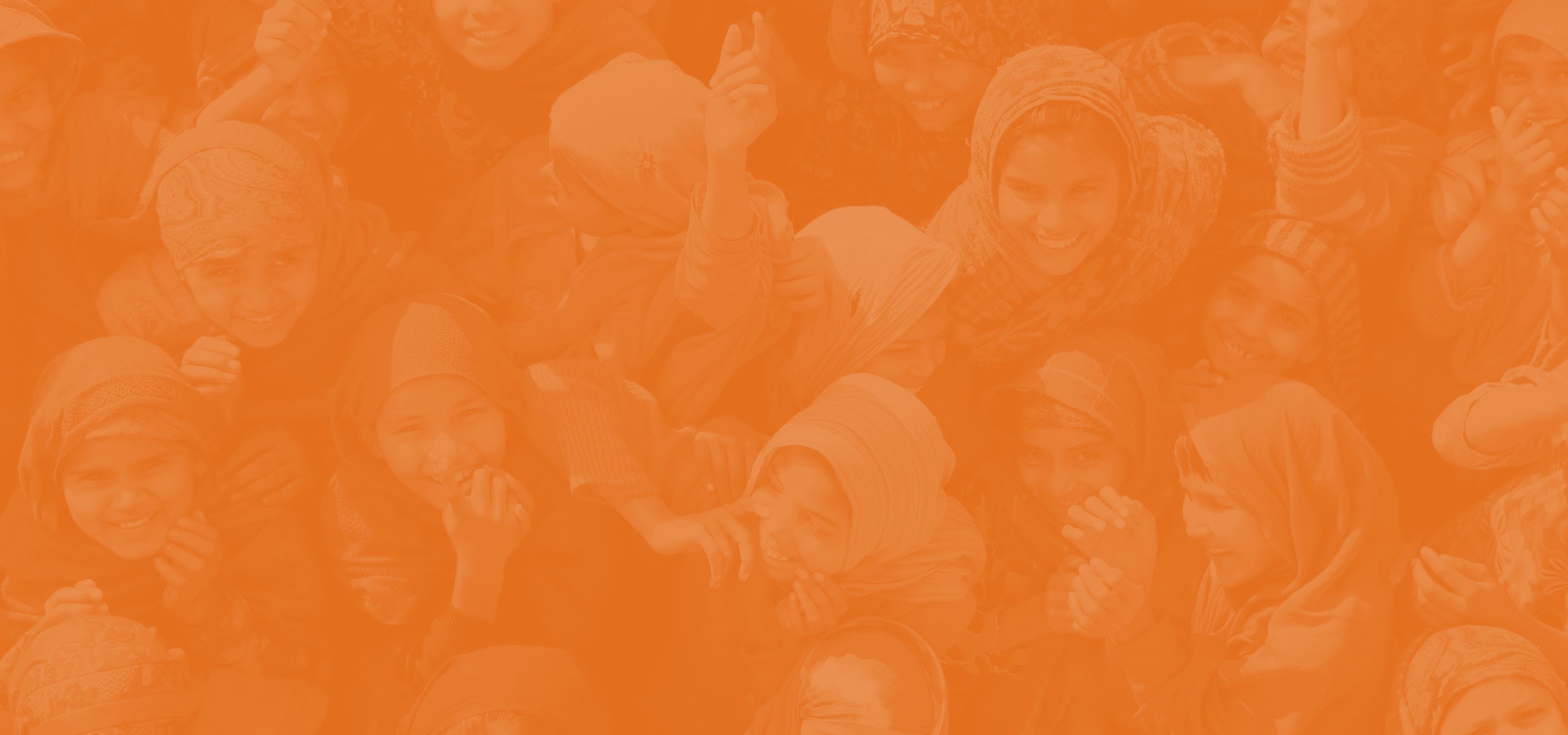

Mobile gardens blossom in the desert
The people of the West African nation of Niger know first hand the consequences of climate change for a landscape covered in large part by the Sahara desert. Each year, the country faces extreme drought, which leads to hunger and malnutrition for many.
This instability hits the country's nomadic communities, who move with the seasons, particularly hard. Women and children suffer most, as they stay behind in the homes for months at a time while the men wander in search of grazing land for the livestock. Without rain, families face months of starvation when they cannot support crops or find food for their cattle.

Families are starving
With an average temperature of 35 degrees celsius and only 30 millimeters of rain each year, Niger is particularly vulnerable to global warming. Because the nomadic communities traditionally migrate in search of grass and fresh water and both resources are quickly being eradicated by rising temperatures, families often go hungry. Furthermore, the income the nomads typically make by selling plants and milk from their cows dries up when their animals cannot survive.
That is why we are working to establish mobile kitchen gardens for vulnerable nomadic families, so that they can secure food on the table for themselves before, during and after the drought sets in.
A garden on the go
The heart of the mobile kitchen garden system is a raised planter bed built on brick and lined with plastic. A custom built-in filter ensures proper irrigation so that the plants can grow. The kitchen gardens help families adapt to the changing climate by helping farmers conserve water, as it does not run into the ground but instead stays in the containers. The individual parts of the garden easy to take down and set up when the nomadic families move on.
Families grow lettuce and moringa in their gardens. Moringa is a "superfood", a nutritious crop rich in both vitamins and oil. In addition to supporting basic nutrition, farmers can also produce and sell oil from the crop and to earn income. By selling the vegetables the families have in surplus, they can make money on flour, spices and necessities that they would not otherwise be able to afford.
Mobile kitchen gardens solve a huge climate challenge and help strengthen Niger's nomadic women so they can provide food for their families and children in the long run.
Mobile kitchen gardens solve a variety of problems
- They reduce hunger and malnutrition and ensure healthier, more filling meals.
- They improve women's opportunities to support themselves and their children.
- They provide the families with an income: they can sell vegetables that they cannot eat themselves and thereby obtain other goods such as flour and spices.

